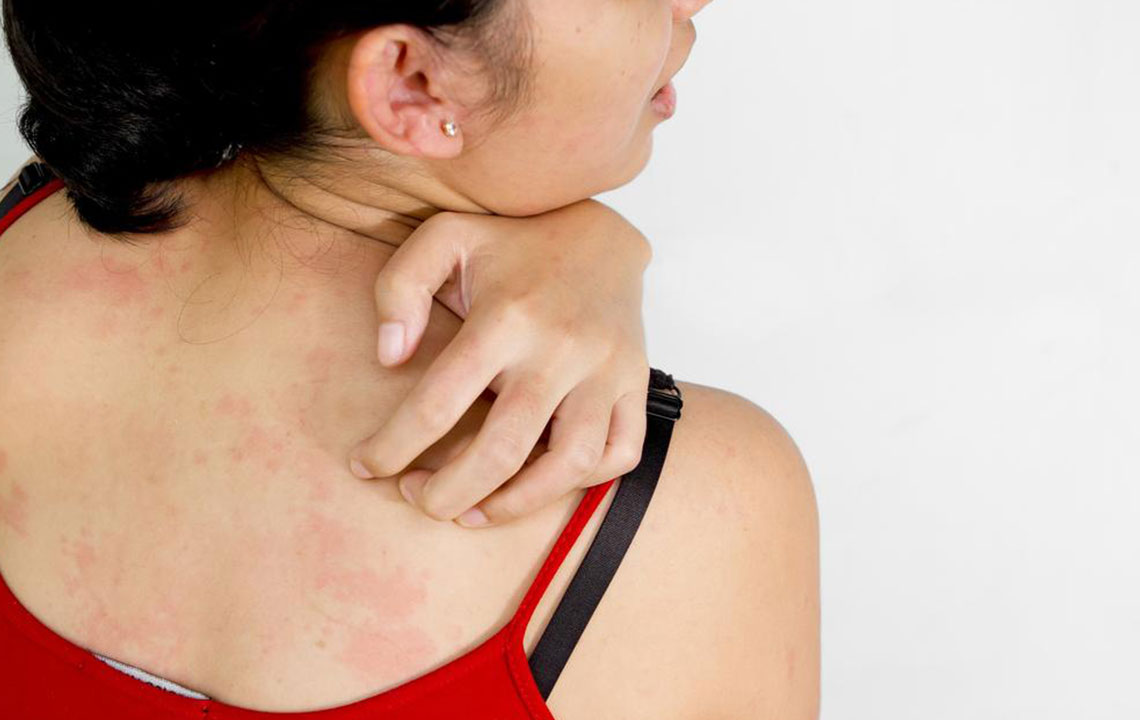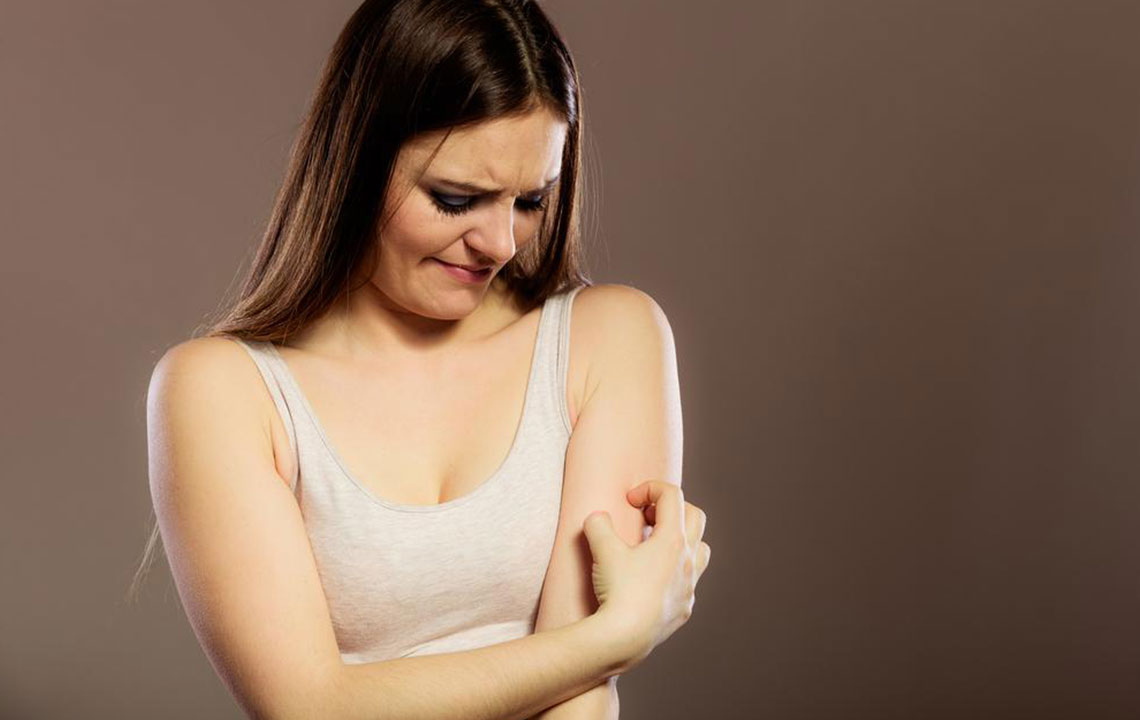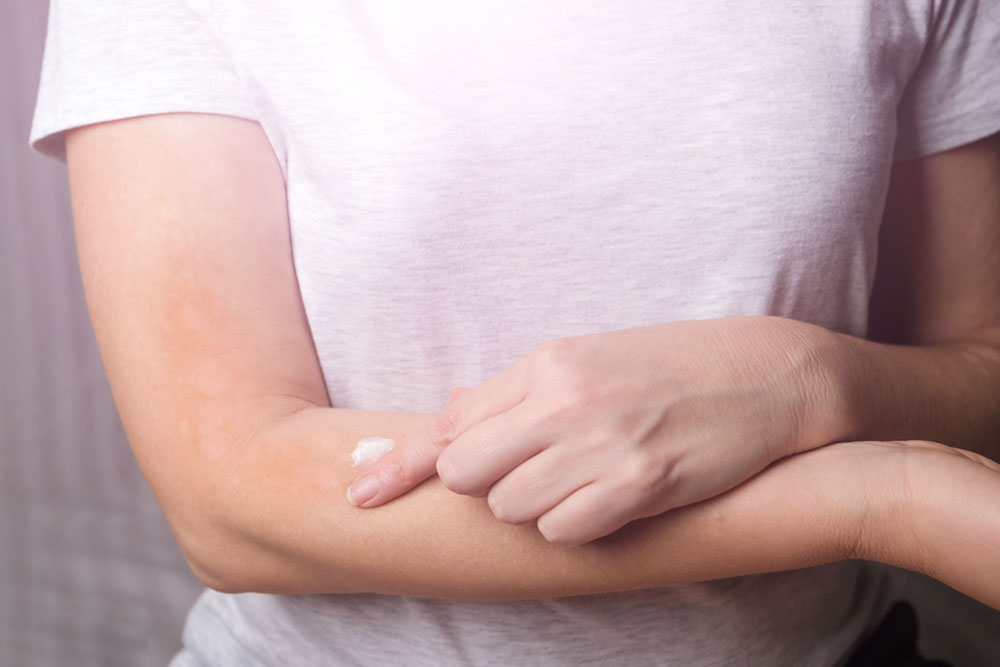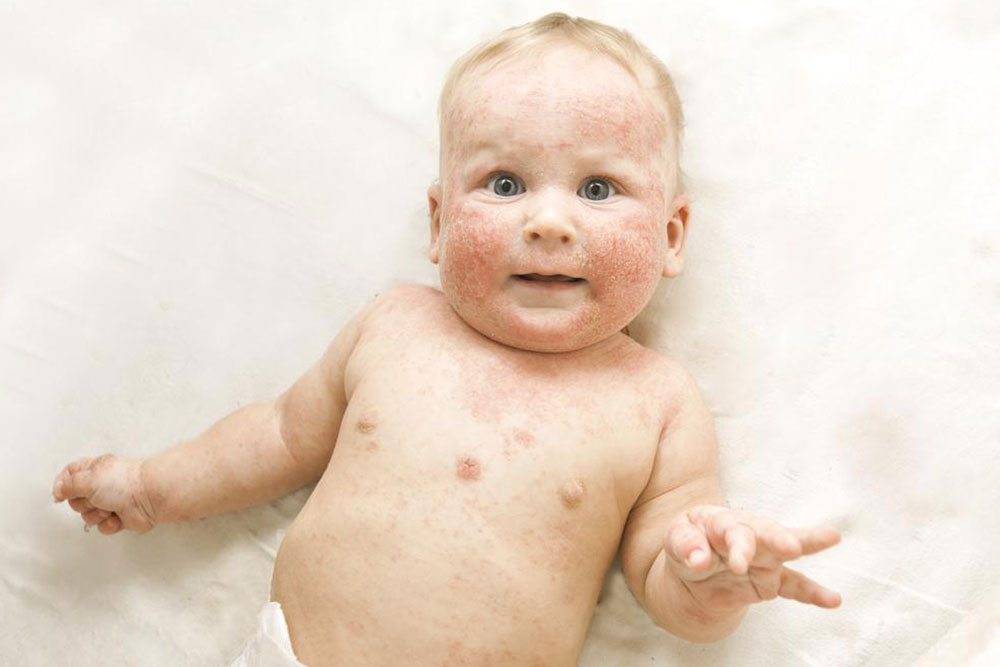Understanding and Managing Itchy Skin in Elderly Individuals
Elderly individuals often experience itchy skin due to dryness, allergies, or skin conditions like eczema. This article explores the common causes, symptoms, and effective management strategies, including moisturization, gentle cleansing, and home remedies, to help seniors find relief and prevent complications associated with persistent itchiness.
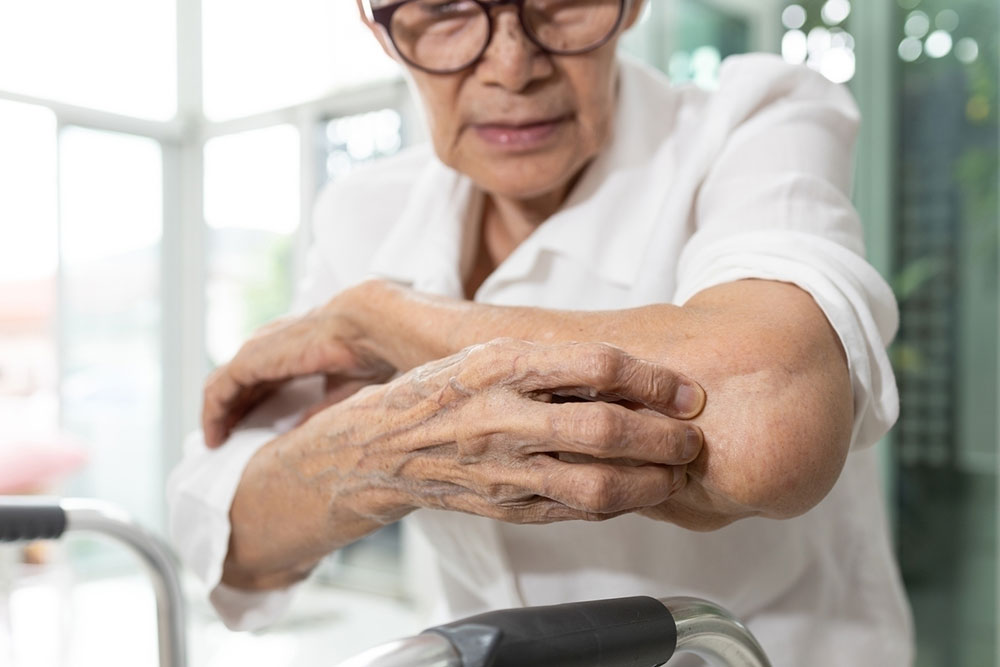
Understanding and Managing Itchy Skin in Elderly Individuals
As people age, their skin naturally becomes thinner and less effective at blocking irritants. This results in increased dryness and sensitivity, making seniors more susceptible to itchiness caused by dust, microbes, or insect bites. Persistent itching, known as pruritus, often appears around the scalp, neck, ankles, and wrists, leading to discomfort and stress. Recognizing the common causes and symptoms helps in effective management and relief for older adults.
Common Causes of Itchy Skin in Seniors
Itchy skin frequently indicates an underlying health issue or external triggers, such as tight clothing or bedding fabrics.
Sometimes, internal factors contribute, especially in immunocompromised seniors prone to allergies. Key causes include:
Skin Dryness - A leading cause, often resulting from decreased moisture retention, especially in cold or low-humidity conditions.
Eczema - An autoimmune condition where immune dysfunction causes skin barrier gaps, leading to dryness, inflammation, and potential infections.
These skin issues allow bacteria, viruses, or dust mites to enter, intensifying itchiness.
Other causes include:
Allergic Reactions - Contact with allergens like certain fabrics, chemicals, pets, or specific foods such as shellfish and nuts can trigger symptoms.
Hives - An immune response involving histamine release causes swelling, redness, and intense itching, often painful.
Signs and Symptoms of Itchy Skin
Localized pain or discomfort
Swollen or inflamed skin, warm or cold to touch
Presence of bumps, blisters, or spots
Red, itchy patches
Visible scratch marks or scaly patches from scratching
Strategies for Managing Itchy Skin in Seniors
Age reduces the skin's ability to defend against irritants, causing persistent itching and sensitivity. It often leads to a cycle of scratching, which worsens discomfort and increases infection risk. Several home remedies and lifestyle adjustments can help alleviate symptoms:
Maintain Skin Hydration - Regular use of moisturizers and hydrating creams helps lock in moisture, reducing dryness and scratching, and preventing skin cracking and infection.
Apply Paraffin Wax Treatments - Dipping or applying paraffin wax creates a moisture barrier, especially beneficial for eczema or psoriasis sufferers. Ensure the wax is at a safe temperature to avoid burns.
Use Gentle Cleansers - Opt for hypoallergenic, fragrance-free soaps designed for sensitive skin to avoid further irritation. These help preserve natural oils and moisture.
Cool Compresses - Applying a cold cloth to affected areas can reduce itchiness, inflammation, and swelling. Homemade compresses involve soaking a clean cloth in cold water and pressing it gently onto the skin.
Note: The information provided is for educational purposes only. Always consult a healthcare professional before starting any treatments or using home remedies for skin issues. Proper medical advice is essential for accurate diagnosis and effective management.

